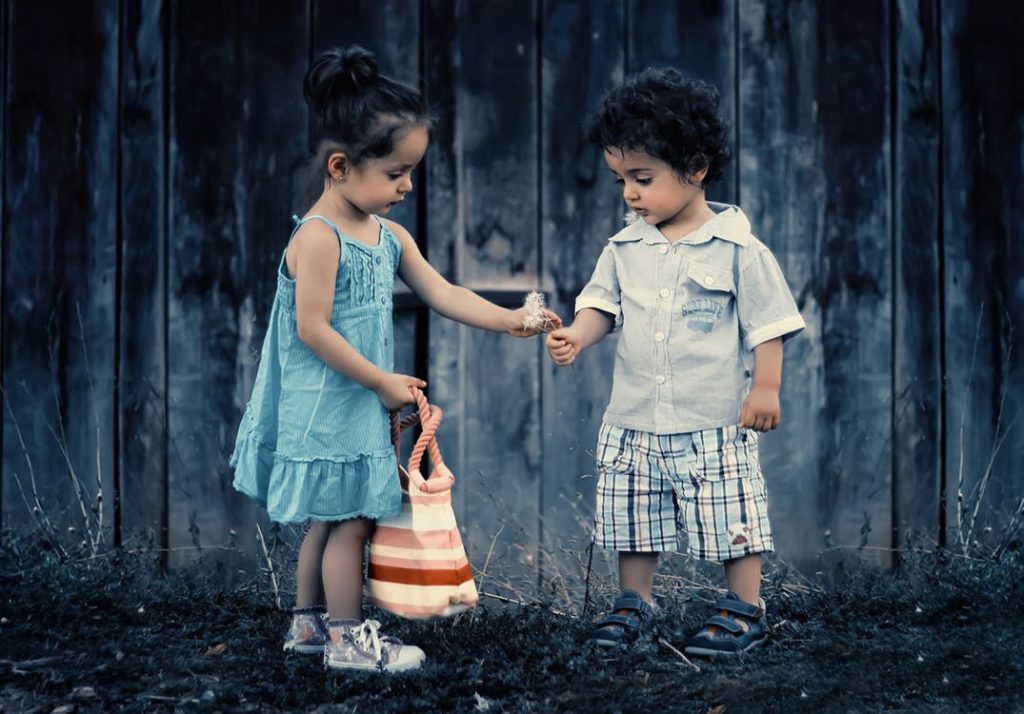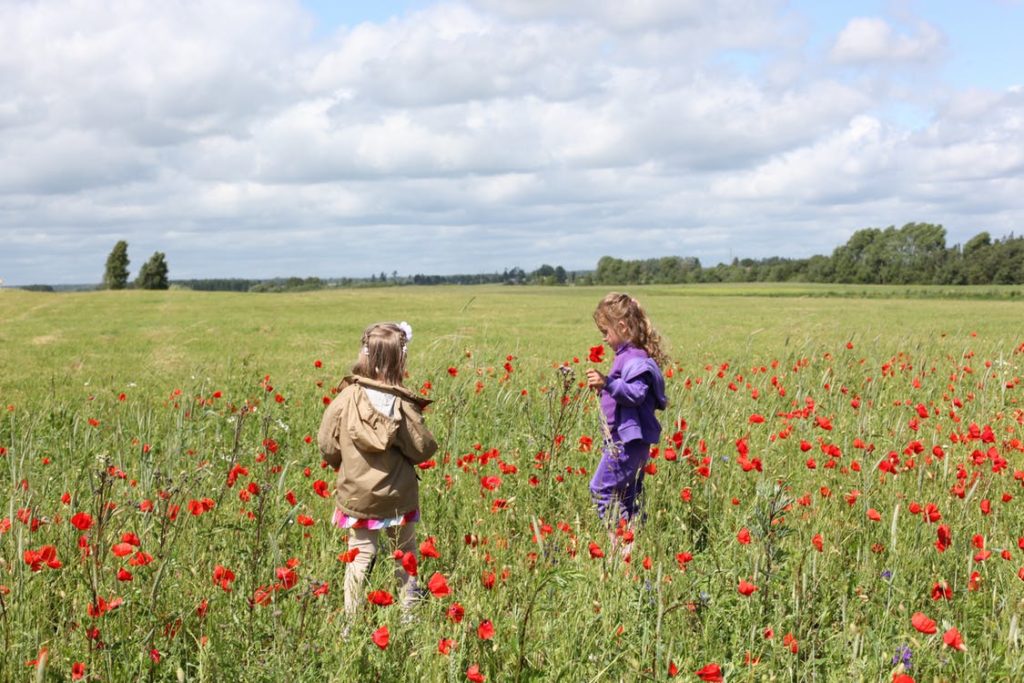As parents, we are given both the opportunity and responsibility of helping shape not only someone’s skill set but their worldview and sense of purpose. Most of us live in communities, so an important but oft-ignored part of a child’s education is citizenship. The idea of being a good citizen, a good member of the community, and a benefit to the world around them isn’t expressed to children often enough. But you can help instill that sense of citizenship if you’re willing.

The community
Start with what’s immediately around you and take a look at the community itself. There’s no doubt that a sense of community is becoming rarer as many of us spend more of our time on the internet after a long day of work. But by getting involved in local activities, sports clubs, and other community groups, you can build strong socializing skills, empathy, and even self-confidence.
The law
Respect for the law is essential and teaching your children the difference between rules and laws is crucial. As they grow into teens, they are likely to have at least one brush with the law, after all. Knowing about potential consequences and about how to safely and respectfully deal with police can help them stay out of too much trouble. Learning about the process from sites like https://www.wklaw.com/practice-area/felony-sentencing/ can help influence mindful behavior should they ever be at risk of getting in trouble. We don’t like to think about potentially life-altering scenarios like that, but it’s important your child knows the reality of the law as they grow up: how it protects them when it doesn’t, and how to operate within it.

The environment
In a wider sense of community, you can start environmentally conscientious behavior early, too. First, you can create rules in the home regarding waste and recycling that become second nature to your family. But you should engage them and help them think about how and why they’re being environmentally conscientious, too. Volunteering with your children, such as cleaning up local parks together, helps in two ways. It provides some much-needed assistance to local volunteer groups, but it can be a teaching tool to educate your child on the importance of such efforts in the first place.
The world
There’s always a story behind why things are the way they are. Politics, global events, and current affairs are heady topics. But if you start helping your child engage with them early, they are much more likely to be more reliably informed and nuanced in how they think, as well as being politically inclined. Sites like https://www.noodle.com/articles/7-easy-ways-to-teach-current-events-to-your-kids can help you start building a young person who actually puts thought into their choices, beliefs, and what they want to do as part of the community.
You can’t control exactly how your child grapples with issues like the law and politics, but by informing them and helping them better understand it, you can ensure they’re at least more likely to be responsible adults. Treating growing children like people and being open to talking about such mature subject matter can help grow a sense of trust and respect in the family, too.

